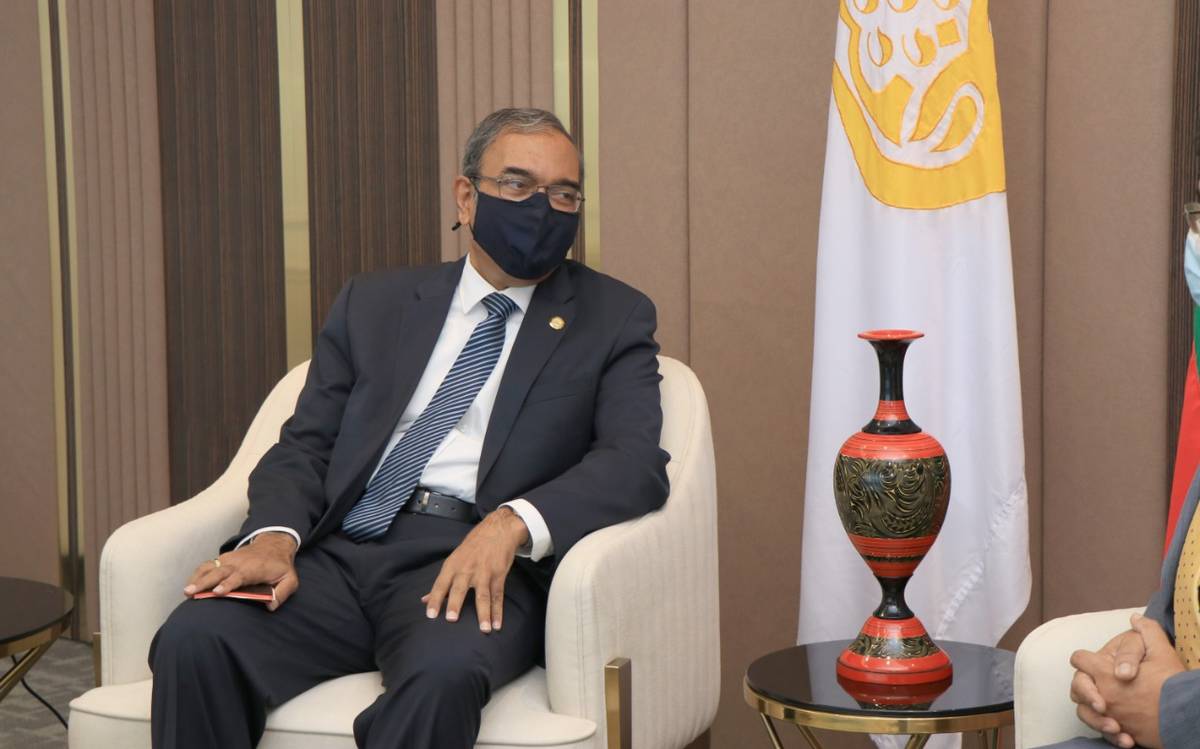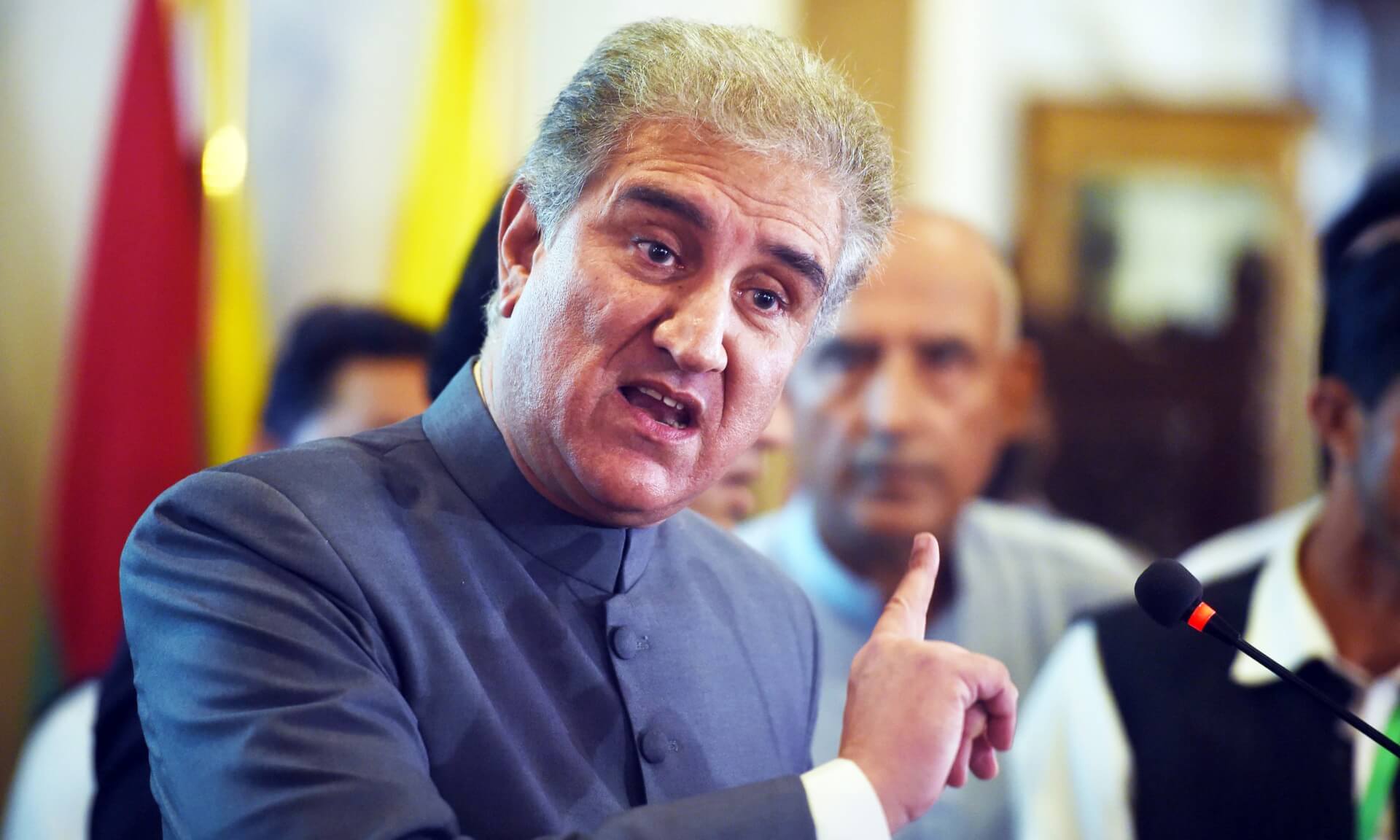Pakistani Foreign Minister Shah Mahmood Qureshi on Monday reiterated his invitation to India to attend the 19th South Asian Association for Regional Cooperation (SAARC) Summit in Islamabad.
While addressing a press briefing, Qureshi spoke of Pakistan’s foreign policy in 2021, particularly with respect to India. Citing Prime Minister (PM) Imran Khan, Qureshi said that the onus to create a conducive environment for dialogue continues to be on India. Referring to India’s decision to revoke the special status of Jammu and Kashmir, he said that New Delhi’s actions since 2019 had “vitiated the environment and threatened international peace and security.” He also underscored the importance of resolving the Jammu and Kashmir dispute as a “prerequisite for durable peace and stability in South Asia.” In this regard, he said that development and cooperation in South Asia are being “held hostage by the hegemonic and hostile behaviour of India,” before slamming what he described as the Indian government’s “anti-Pakistan posture” and “Hindutva thinking.”
Speaking of the SAARC Summit, Qureshi said that Pakistan had extended its invitation to India to attend in person or virtually. He lauded SAARC as an “important forum” and blamed India for making it “dysfunctional” because of its “stubbornness” against coming to Islamabad. “Because of India’s obstinacy, this forum is suffering,” Qureshi added. He also urged India to refrain from discouraging other members from attending the Summit.
Also Read: Given China’s Ascendancy, Can India Really Afford to Abandon SAARC?
SAARC is a regional grouping that comprises Afghanistan, Bangladesh, Bhutan, India, the Maldives, Nepal, Pakistan, and Sri Lanka. The last Summit was hosted in Kathmandu in 2014. Previously, the 19th SAARC Summit was to be held in 2016 in Islamabad. However, it was called off following the September 18 Uri terror attack on an Indian Army camp that India has attributed to Pakistani state-sponsored terrorists. India refused to participate in the discussions citing “prevailing circumstances.” Subsequently, Bangladesh, Bhutan, and Afghanistan also pulled out of the Summit, resulting in the meeting being called off. Since then, the grouping has been rendered largely ineffective.

In a meeting with SAARC Secretary-General Esala Ruwan Weerakoon last month, Qureshi criticised India’s resistance to Pakistan-hosted Summit. PM Khan also said that Weerakoon’s visit was an “opportunity” to highlight “Pakistan’s commitment to the objectives and principles of SAARC.” In addition, he expressed hope that the meeting could be held once “artificial obstacles” were removed.
Ensuring India’s participation is critical to the functioning of SAARC, which is an entirely consensus-based grouping. Consequently, the Summit cannot be held if India refuses to participate. Both India and Pakistan have pushed the onus of resolving ongoing issues on the other, with no end in sight to their decades-long tiff. Apart from India, it remains to be seen whether the Taliban government in Afghanistan will attend the Summit.
Over the past few years, India has been pushing itself away from SAARC and focusing on other regional groupings such as BIMSTEC, the Bay of Bengal Initiative for Multi-Sectoral Technical and Economic Cooperation. BIMSTEC is comprised of India, Thailand, Myanmar, Nepal, Bangladesh, Sri Lanka, and Bhutan, making it an ideal platform for India to cooperate with its South Asian counterparts without having to engage with Pakistan.
There has been no official response to Qureshi’s comments from Indian officials so far. In the past, India has rejected criticism regarding its actions Jammu and Kashmir by arguing that any instability in the region is the product of Pakistani state-sponsored terrorism. Moreover, it has maintained that developments in the region are its internal matters.

